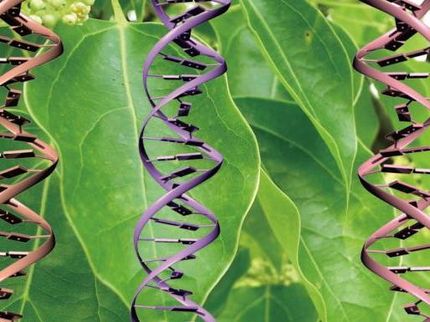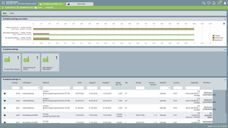NHGRI and UC Davis to Conduct Large Scale SNP Discovery in Drosophila melanogaster Using Affymetrix Arrays
Advertisement
Affymetrix, Inc., announced that the National Institutes of Health (NIH) National human genome Research Institute (NHGRI) has awarded $4.9 million to a multi-center research collaboration to resequence portions of the genomes of 50 Drosophila melanogaster strains using novel GeneChip® CustomSeq(TM) arrays. The research group is led by Dr. Charles Langley, Professor of genetics at University of California, Davis, and includes scientists from UC Davis, Johns Hopkins University, Children's Hospital Oakland Research Institute, Emory University, and Affymetrix.
"Using Affymetrix arrays we will generate the large volumes of quality genetic data needed to develop new methods and concepts in population genomics," said Dr. Langley. "These tools are necessary for relating how genetic variation contributes to human disease and risk, and will help to discover general principles of genomic variation."
This study will use next-generation CustomSeq resequencing arrays to catalogue genetic variations across 2 large regions of the Drosophila genome and to develop methods to analyze the resulting large-scale genetic variation data. These next-generation arrays, which will allow researchers to resequence up to 300,000 base pairs per array, are being made available for this project under an early technology access program. Affymetrix plans to broadly commercialize the new formats under the CustomSeq custom resequencing program.
"CustomSeq resequencing arrays will establish a sustainable high quality resequencing capacity at UC Davis," said Dr. Janet A. Warrington, Vice President of Clinical and Applied Genomics, Research and Development at Affymetrix. "The quick and cost-effective nature of array-based assays have now made genome resequencing an affordable method for collecting the magnitude of data required to fully address many of the fundamental challenges facing researchers working to decipher the many molecular elements underlying complex disease."
High-density CustomSeq arrays provide researchers with an accessible solution for genome-scale sequence analysis. Compared to other sequencing technologies, the Drosophila resequencing array has a smaller physical footprint, requires fewer personnel resources and will provide sequence for nearly half a billion bases at ~1/3 the expense with no loss in data quality.
Data from the Drosophila resequencing project will be made publicly available as it is generated, so that it can be analyzed and used by the worldwide Drosophila research community. Furthermore, as part of the agreement with Affymetrix, all software developed for this project will be open-source, allowing researchers to further develop data analysis algorithms and improved results.
Using GeneChip array technology to rapidly resequence whole genomes, scientists can catalogue comprehensive genetic variation from any organism, including humans. The data analysis methods developed as a result of this Drosophila resequencing project will serve as a model for conducting population association studies, including human studies elucidating the functions of genes and their variants in health and disease.


























































